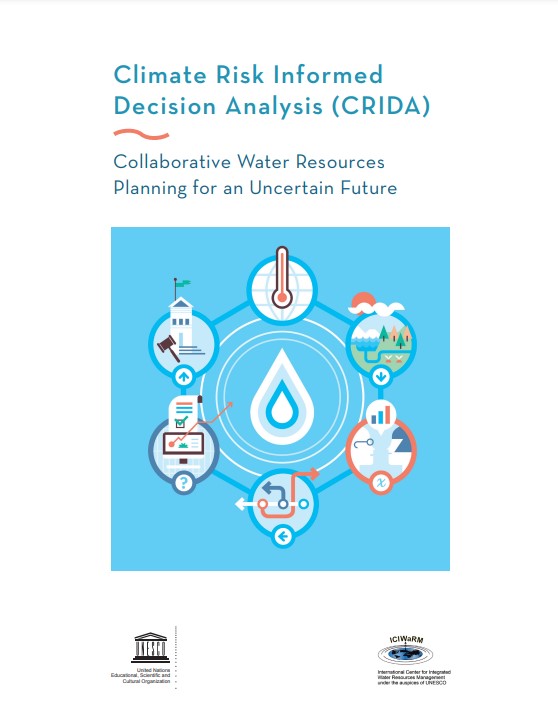Climate change is accelerating and affects every country on every continent, disrupting national economies and endangering lives. The impact of water-related hazards is disproportionally felt more in developing countries than developed, reinforcing inequality and poverty.
Adequate planning for water resources management is the key to disaster reduction, as defined by the Sendai Framework, and has been integrated into the UN Sustainable Development Goals. The Paris Agreement highlights the importance of averting, minimizing and addressing loss and damage associated with the adverse effects of climate change, and the role of sustainable development in reducing the risk of loss and damage. The agreement also requests the UN agencies to support their Member States in order to enhance action on adaptation, highlighting adequate planning for policy making, as well as the identification of adaptation strategies.
Adaptation to climate stress is a local process that requires tailored solutions. The Climate Risk Informed Decision Analysis (CRIDA) approach provides a framework to enable water managers and policy makers to assess the impact of climate uncertainty and change on their water resources and work towards effective adaptation strategies. CRIDA uses a multi-step, bottom-up process to identify water security hazards and is sensitive to indigenous and gender-related water vulnerabilities. The information provided by scientific modeling and climate analysis teams in local communities allows for tailoring of the design of the analysis, moving away from a “one size fits all” approach.


